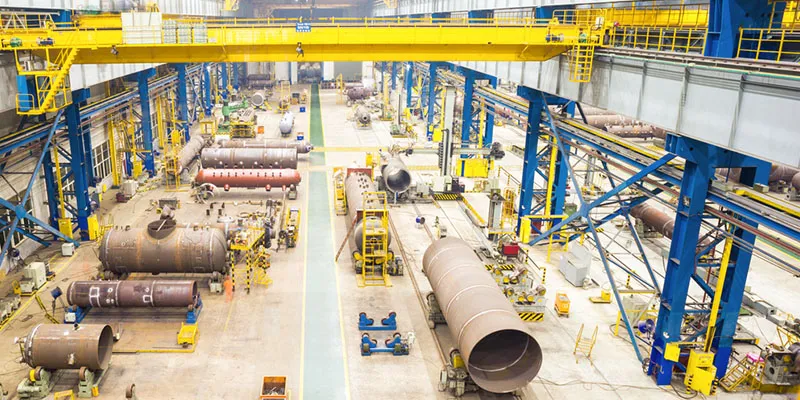Our respected Prime Minister Narendra Modi has envisaged an India where everything from a pin to an aircraft is ‘Make in India’. He wants India to be a manufacturing hub for defense equipment. This is a great idea and a step in the right direction as it will save us billions of dollars in foreign exchange.

Before we reach this goal, we need to address certain basic issues:-
Land and building: A manufacturing facility needs a basic infrastructure of land and building. In cities like Bengaluru, it is a Herculean task to get the land and building of your choice. If you do find the required space for yourself the price of the property is too expensive which makes the project prohibitive. To find a place at the right price you need to move to outskirts or even outside the city where again the logistics is a prohibitive factor. A production centre has to be easily accessible on a daily basis and if it drains your energy to get there, the idea again becomes a “No, No.”
Power: To approach our electricity boards and getting a power connection is an achievement by itself. The bureaucracy one has to deal with to get a power connection is mind boggling in this country. Moreover a 24 x 7 x 365 continuous power supply is a must for any industry to flourish.
Establishment Costs: A factory license, environment clearance, VAT, excise, ESI, PF and many other requisite formalities one has to complete to get the facility off to a start.
Logistics: The cost of logistics is so high that the markets have become limited to one’s own region (where the production centre is located). Logistics costs have to be lowered for speedier movement of goods across the country.
Cost of funds: The cost of funds and lending rates are extremely high in India versus China. The high Capex costs becomes a challenge for entrepreneurs as they have to recover this amount from the selling price of the product. The minute they do this, then product becomes uncompetitive in the market place and they have to revise their selling price downwards. A downward revision in the selling price means inability to service the debt in terms of interest and repayment of principal.
Moreover interest rates are highly correlated with inflation and unless inflation rate comes down, interest rates do not come down. Hence we need a lower inflation economy leading to a low cost of funds for an economy to grow in manufacturing.
Whilst Gujarat has achieved a lot, cheap land, 24x7x365 power supply, availability of labour and one-window clearance for establishment, the biggest challenge for our nation would be to replicate the Gujarat model across the length and breadth of the country.
Only then we can say we are “manufacture” ready.







